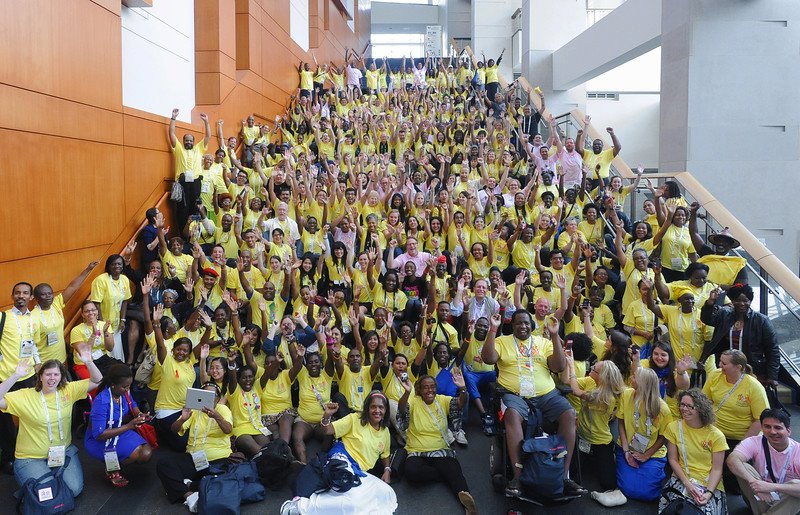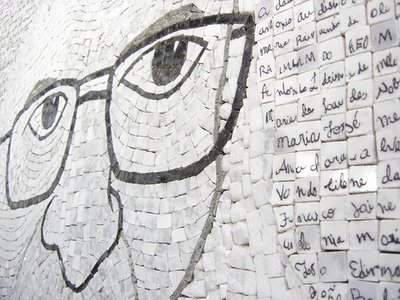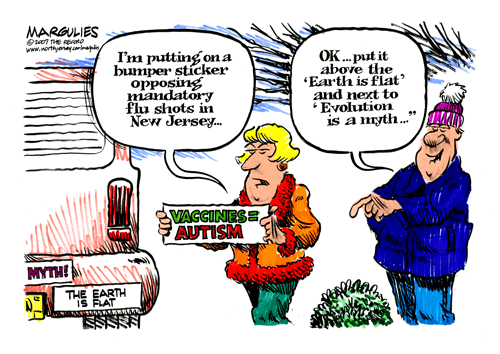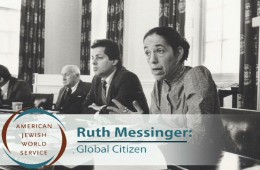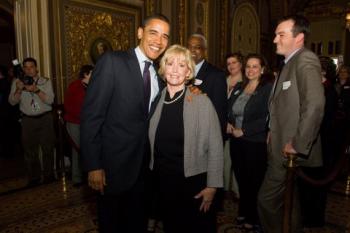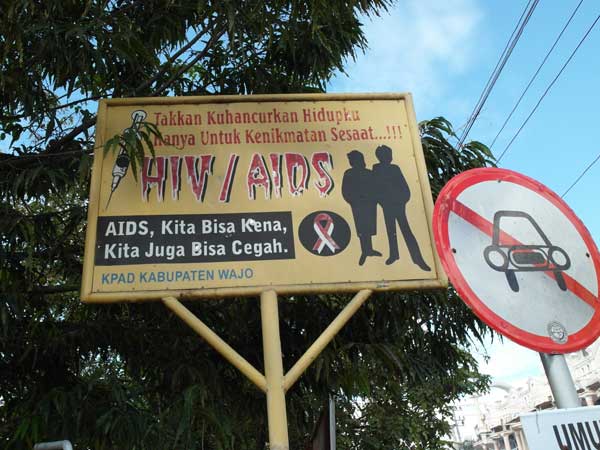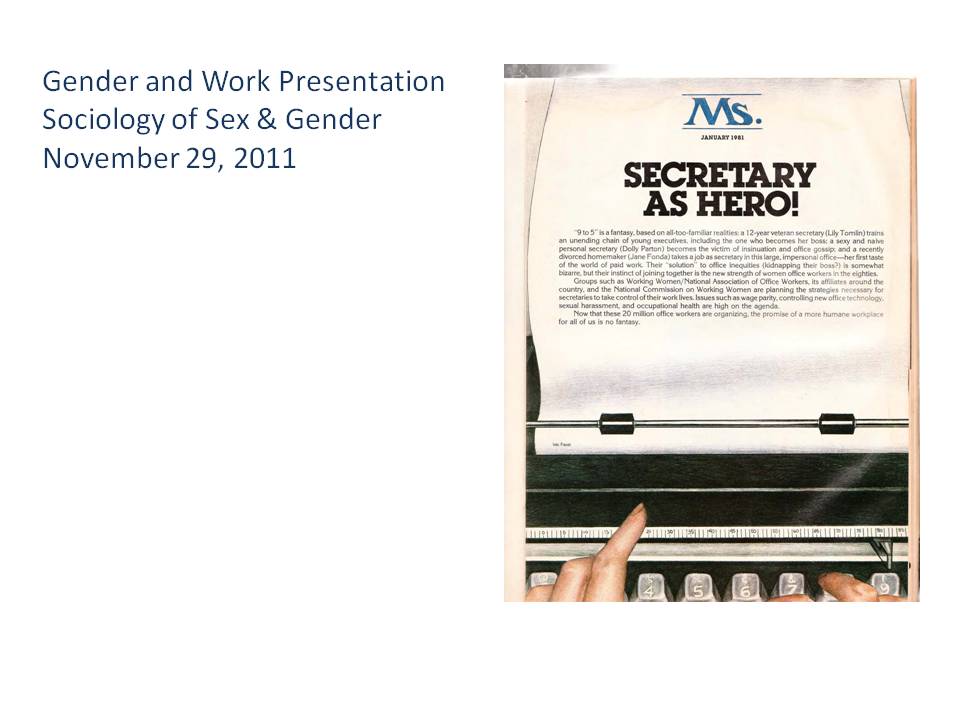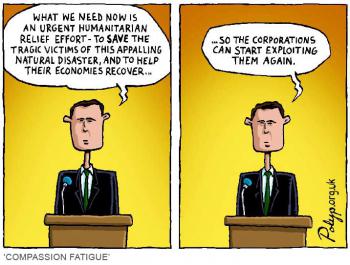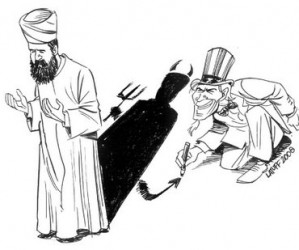
“Islam, Democracy, and Development,” a Political Science seminar I took in the fall of 2011, helped me to articulate something I had felt for a long time – that important social justice reforms can be made within the contexts of Islamic law in democratizing countries. This was especially relevant at the time I took the course, which was in the immediate aftermath of the Arab Spring. It was important for me to realize that in countries like Tunisia, Egypt, and Libya, the rights of women and other vulnerable groups could still be protected if Islamist parties took control. This continues to be especially important to keep in mind in the case of Egypt where President Morsy, of the Islamic Brotherhood has created a series of barriers to true democratic reform and good governance. But, this is not necessarily because he allows Islamism to dictate his policy, it is because he is following in the footsteps of past dictatorial leaders and assuming full control of the government and enacting martial law. Below is an essay I wrote for the class in November, 2011, looking at women’s rights in the context of sharia-based law.

 © Serendip® 1994 - All rights reserved. Privacy Policy
© Serendip® 1994 - All rights reserved. Privacy Policy

